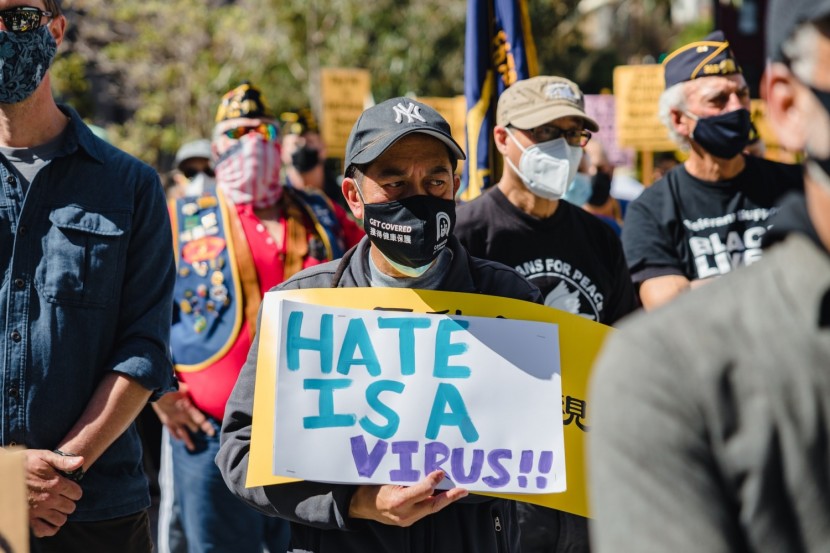The Senate in Michigan enacted a prohibition on institutional desecration on Thursday, November 9, which supporters believe would help prevent acts of vandalism and threats against bodies of worship and other structures throughout the state.
At a committee hearing on October 19, Nada Al-Hanooti, head of the Muslim-American advocacy group Emgage Michigan, stated, "Hate crimes not only inflict harm but undermine our values of an inclusive society."
House Bills 4476 and 4477 make it illegal to "maliciously and intentionally" damage, deface, vandalize, or threaten to do these at a house of worship, school, museum, cemetery, or other similar organization.
Penalties for institutional desecration under the law might vary from a misdemeanor with a potential penalty of 93 days in jail to a felony carrying a maximum sentence of ten years in prison. The severity of the punishments would depend on variables such as the extent of the damage and any past convictions.
Rep. Noah Arbit (D-West Bloomfield) and Rep. Ranjeev Puri (D-Canton) have proposed bills 4476 and 4477, respectively.

Also Read : New Florida Bill Seeks To Punish Local Officials Who Allow the Removal of Confederate Monuments, Memorials
Denouncing Hate Crimes, Protecting People
During his statement before a committee, Puri said that a 2012 shooting at a Sikh temple in Wisconsin, in which a white supremacist murdered six people, was a major motivating factor in his choice to run for government. "We can condemn hate crimes and provide meaningful protection. Hate crimes are committed to purposely send a message."
Though the House passed this legislation in June, the Senate passed alternative versions of them on Thursday. Legislators in the state House later that day agreed to the Senate amendments and forwarded the entire document to Gov. Gretchen Whitmer for approval, as reported by Detroit Free Press.
To further define what constitutes an actual danger to a person or organization, the Senate passed a revised version of the bill. It is stated in the Senate version of the bill that a person "is not liable for communicating a true threat if the speaker was unaware that the individual or the group of individuals could regard the statement as threatening violence."
Supporters of the legislation claim it would deter acts of terror against places of worship in Michigan.
Hate has been directly impacting the faith communities in the state, said Sen. Stephanie Chang (D-Detroit). She cited testimony from religious leaders concerning vandalism and threats against their places of worship.
On Wednesday, November 8, Whitmer and other governors issued a letter to congressional leadership asking for more money for security and places of worship. They cited growing threats against the Jewish and Muslim populations in the aftermath of the Israel-Hamas conflict in Gaza.
The Senate voted in favor of both legislation with a final tally of 24 votes to 13. Sen. Jim Runestad (R-White Lake) stated his opposition to the measure on the grounds that it violated his right to free expression.
© 2025 HNGN, All rights reserved. Do not reproduce without permission.








